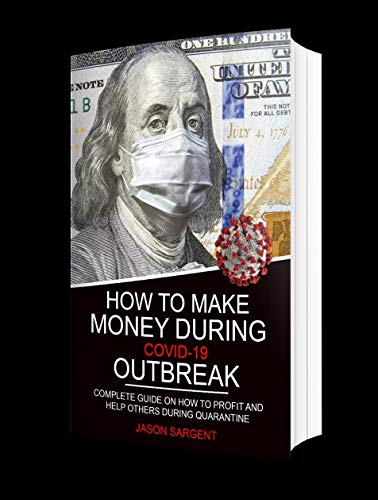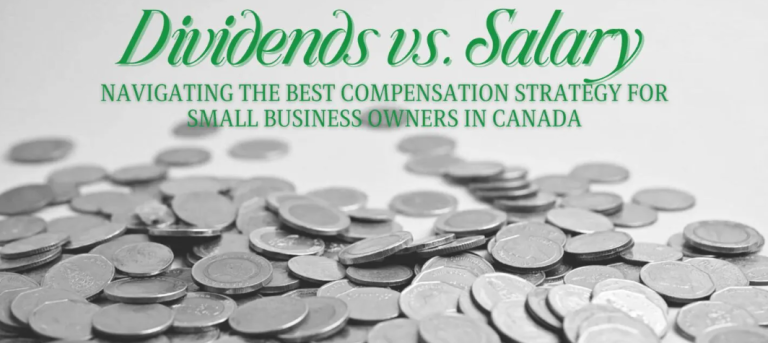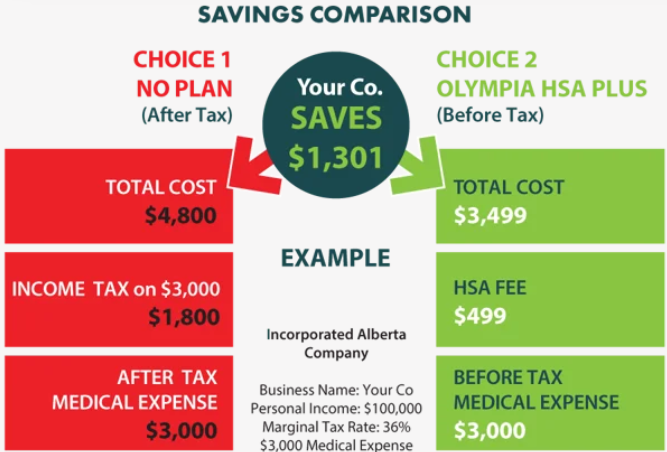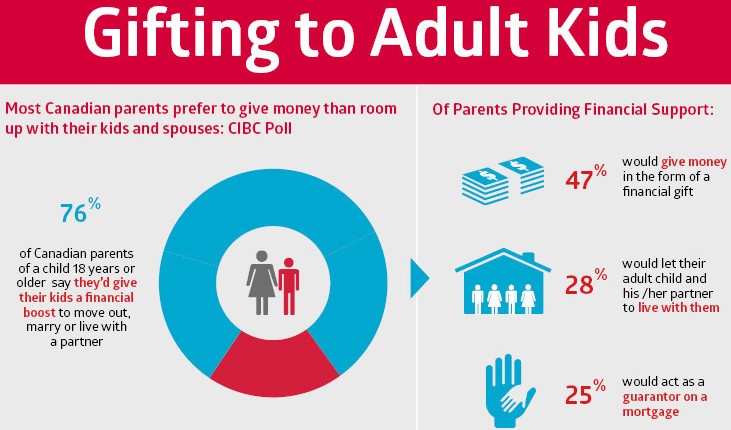I’ve been overseeing portfolios for clients and advising on financial matters for 32 years and 11 months now. A little over 6 months into my entry of this profession, I had a meeting with a potential client, a named partner of one of the biggest law firms in Vancouver. The date? October 16th 1987. In his office, we bounced around our opinions on what the economic and investment future looked like. During the previous 2 weeks to that, US investment markets had trended downward by about 15%, hence his interest in what the future held.
The early afternoon of October 19th, he called my office. This was after markets around the world had declined by over 20% in 1 day, the largest percentage drop in history. I can still hear his works: “Well, I guess that blows those prognostications all to hell then, doesn’t it.”
That is the downside of trying to predict the near term future. You just don’t know what is going to happen in the short term. This was one of many of my major, valuable learning experiences. This one taught me, spend less time guessing the future (a futile burning of valuable time) and focus more on what is known. I call it being rationally wise.
That is hard to do. You either tend to lean more to believing and gathering pessimistic news to prove your leanings (and acting as such), or have an optimistic bent that dictates your information gathering and beliefs. Focusing on what you do know (and what you can control), follows the thinking and action platform virtually all successful investors and leaders of business, start from (the others are just lucky). To become a successful investor, you should view think and act, like a “business person buying businesses” (bpbb.. say that several times, fast).
Seeing that you are still reading this, I will assume that you would put yourself in that category. Cheers to you, for that! So, from one “bpbb” to another, here is a few bits of info. I have gleaned over the past several days, from the conference calls I’ve been on with various investment management teams, as well as a broad range of other sources.
The first thing I have noticed is the large, pre-emptive things that are being done to stop the virus. Professional sports events like the NHL, NBA have been cancelled indefinitely. Major and even minor conferences are being cancelled or delayed until later in the year. People all over the world are cancelling their travel plans. Some schools have closed early for Spring Break. Travel restrictions are being placed on a very wide spread basis. The most notable is Trump’s recent restriction on flights between Europe and the US. World class companies like Starbucks are changing their business practices to make it safer for their customers and employees (I got notification of that today, although I Tweeted about that on the weekend). I just got an alert saying NYC is banning gatherings of more than 500 people. I’m sure we’ll see more drastic and wider spread shutdowns, over the days and weeks ahead.
It seems to me that people are becoming quite cautious in their social gatherings in reaction to the continuing updates. Personally, the person who heads up the musical group I play with has made a decision to cancel all of our gigs for the next 2 months. Also, I’ve been paying more attention to every small thing my body feels and asking myself, “Is this Covid-19?”. I’d view that as irrational as I haven’t been around many different people over the past couple of weeks. I’m guessing many are feeling, thinking and responding with cautious measures. This is overall, very positive.
Seasonal flu kills 291,000 to 646,000 people worldwide each year, according the U.S. CDC. Covid-19 so far has infected 126,000 people worldwide, resulting in 4,600 deaths, most of them in China. More than 68,000 people have recovered. By contrast, a seasonal flu kills 291,000 to 646,000 people worldwide each year, according the U.S. CDC.
Canada has had its 1st death due to Covid-19. Here is an article on that and more comparisons to the season flu . Yes, this virus is more deadly than a seasonal flu however it’s at 3.4% mortality rate vs under 1% for a seasonal flu.
The World Health Organization has called this a “pandemic”, however this classification has to do more with the geographical reach of a disease, rather than the severity of the condition.
The deaths to Covid-19 have been people with compromised immune systems, seniors in particular. This danger to the general public is really no different than with the seasonal flu (which is why those who are 60 and older should always get their flu shot, in my opinion). If you are in that category, I’d encourage you to restrict or stop completely, your social encounters, for the next couple of weeks, at least. If you need something for your day to day living, please call or email someone to do that for you. I’m sure those closest to you, would advise the same thing, for the sake of your health.
Regarding economic factors….
On a Tuesday March 10th conference call with Signature Global Asset Management (one of the largest investment managers in Canada): they pointed out that because oil prices are so much more depressed now, the effects on Canada’s economy and its finances, could be material. The Canadian dollar will remain low. Globally though, although the risk of recession has gone up, they don’t see a recession (the markets are pricing in a global recession).
Economic disruption is the highest in China, with the next hardest hit being other countries in the Far East, including Japan. After a relatively quick response to Covid-19 in January & February, factories and businesses are starting to open again, there. Here is a Globe & Mail update on China’s situation.
Credit conditions, the foundation of money flow and what exacerbated the 2008 / 2009 slide , is much better than it has been in the past (from a conference call with PIMCO, the largest bond investors in the world).
They also said that, “based on their best sense”, the virus many not peak until May or June (although just before that they said they tend to be pessimistic). I’d say that is a prognostication so I’ll take it as such. Although, I must add that markets generally change directional trend, in the midst of uncertainty. In the interim, things will fluctuate, upwards and downwards in varying degrees, so expect that.
Investment market absolutely hate uncertainty and this time is no different; it’s definitely being reflected in prices. The media has said that we are officially now in a “bear” (down) market. For me, as a rational business person buying businesses, I am seeing a lot of high quality, highly profitable businesses fall to very attractive prices. This is all because “Mr Market’ (the name Warren Buffet has given for broad, manic depressive actions) has a shorter term, very pessimistic, outlook. Because of this short term view, many businesses are becoming quite cheap, according to fundamental measurements and future (2 – 5 year out) business prospects. When excellent business are priced cheaply, you definitely don’t sell. Today is a good time to be a business person buying businesses.
Why do I believe that? From a 30,000 foot view, there is a “bear” (down) market (what we are officially in now, as of today, March 12th), once every 3.57 years. Median downside is 28.8%. Despite that, over the past 50 years, owning shares in companies (as represented by the S&P 500 Index) produced an average annual compounded rate of return of 10.5% per year. That’s a doubling of one’s investments, on average, every 6.9 years, notwithstanding all of the 14 bear markets. (this from a blog today by Invesco Canada). History doesn’t repeat itself but it does rhyme.
33 years of being a Financial Advisor has shown me time and time again that, there is always a new piece of history to live through and new things to learn, as we go through them. This Covid-19 world experience is really no different and will become history too.
There is still a lot of uncertainty on how this will all play out though. What I think I can safely say is that, the longer out to the future you look, the less this will affect your future. In fact, what you do proactively today in a rational manner, will have the most impact on you, on all fronts. THAT you can control.
So, what happened following October 19th, 1987, after that call I received? The market went on a very long, upwards trend (with intermittent down swings, of course), to become one of the greatest “bull” (up) markets and personal wealth builders, in history.
Also, I did say that potential lawyer client, called my office. He didn’t call my cell phone because…. I didn’t own one. They just weren’t widely used, yet. Here is a cell phone commercial from 1987 and I’ll think you’ll see why. The world has changed dramatically and adapted to change since then. It will continue to do so.
If you want to talk directly, I invite you to send me an email. I’m here to help you, in any way I can.
PS. I sent out an email to most clients, on Monday March 10th, outlining a summary of 5 of their larger portfolio holdings, giving evidence to why they (and I) can sleep at night. If you didn’t receive that, let me know and I’d be happy to forward a copy, to you.
PPS. I’ve found in these past 2 weeks, more than ever before, the clients I work with are among the most rational and proactive investors out there. I had been anticipating the occasional concerned call or email over the past couple of weeks. The communications that I have received, have been from clients wanting to invest available cash they have. I’m honoured and blessed to work with such a fine group of people.






